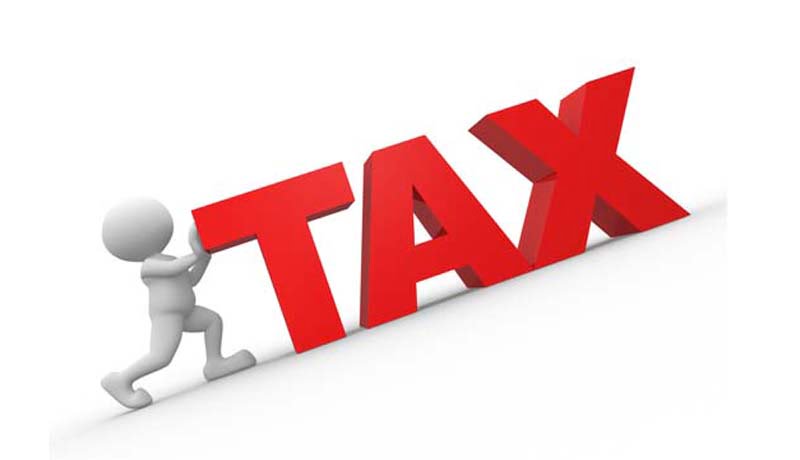
May 11, 2023
Effects of taxation on livelihoods
Taxation is a crucial aspect of public finance and governance, but it also has significant implications for people’s livelihoods, especially in fragile and conflict-affected contexts. In this blog post, we will explore some of the effects of taxation on livelihoods, drawing on evidence from various sources.
One of the effects of taxation on livelihoods is its impact on income and consumption. Taxation can reduce the disposable income of households and individuals, affecting their ability to meet their basic needs and invest in productive activities. This is particularly relevant for low-income groups, who may face high tax burdens relative to their income levels. For example, a study by the International Centre for Tax and Development (ICTD) and the Secure Livelihoods Research Consortium (SLRC) found that taxation can substantially reduce household incomes in rural areas of fragile and conflict-affected states. The study also found that indirect taxes, such as value-added tax (VAT) and excise duties, can have a regressive effect, as they tend to consume a larger share of income for poorer households than for richer ones.
Another effect of taxation on livelihoods is its influence on economic activity and incentives. Taxation can affect the profitability and viability of businesses, especially small-scale traders and informal sector operators, who may face multiple and overlapping taxes from different authorities and actors. Taxation can also create distortions and disincentives for production, investment, trade and entrepreneurship, as well as encourage tax evasion and avoidance. For instance, a report by the World Bank showed that taxes and transfers can have negative effects on poverty and inequality in developing countries, by reducing the net income of the poor and discouraging economic growth. The report also highlighted that high consumption taxes on basic goods can make the poor net payers into the fiscal system, rather than net beneficiaries.
A third effect of taxation on livelihoods is its role in shaping state-society relations and social contract. Taxation can be a means of enhancing accountability, representation and participation of citizens in governance processes, as well as improving public service delivery and state legitimacy. Taxation can also be a source of conflict, resistance and grievance, especially when it is perceived as unfair, illegitimate or oppressive. Taxation can thus affect the trust and cooperation between taxpayers and tax authorities, as well as among different groups within society. For example, a review by the ICTD and SLRC argued that taxation can undermine livelihoods and entrench inequality in fragile and conflict-affected rural areas, by reinforcing existing power structures and excluding marginalised groups from decision-making and benefit-sharing. The review also suggested that taxation can offer opportunities for dialogue and negotiation
